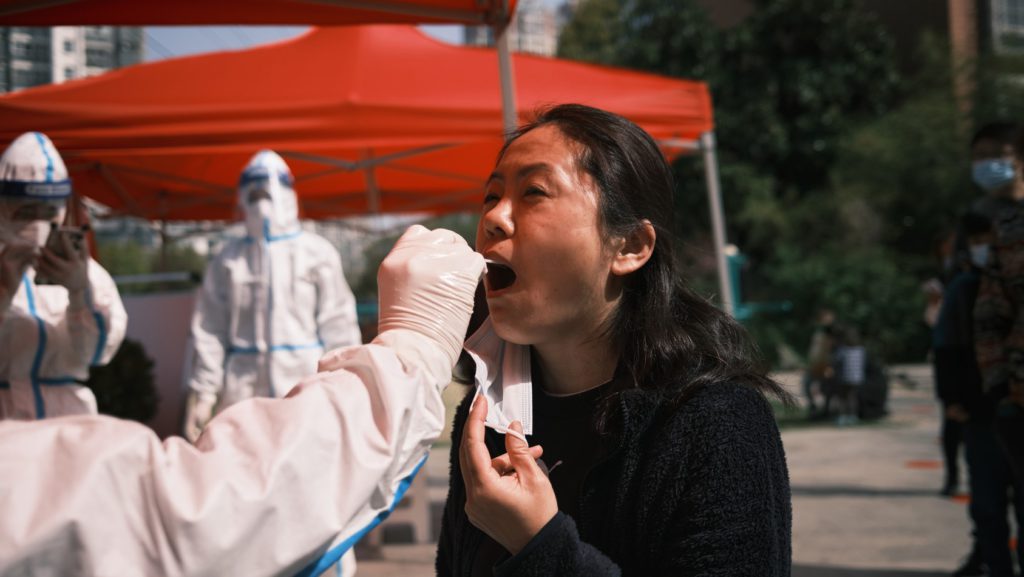Iron ore price hits 2-week low on China’s covid policy woes

Iron ore futures slumped on Wednesday, with the Dalian benchmark contract hitting its lowest in two weeks, as intensified covid-19 curbs in China and signals that its draconian zero-case approach will continue weighed on sentiment.
Shanghai and other big Chinese cities have ramped up testing for covid-19 as infections rose following this month’s Golden Week holidays and ahead of the crucial Communist Party congress beginning Oct. 16.
Speculations that top steel producer China would relax its zero-covid policy after the congress had recently helped push iron ore and steel prices higher.
But state-controlled People’s Daily warned in a commentary for the third straight day against complacency, saying China will persist with its covid-19 policies to guard against new coronavirus strains and the risks they bring. Read full story
China’s strict zero-covid rules have caused a sharp slowdown in the world’s second-largest economy, adding to the gloomy global outlook as recession risks heightened especially in Europe.
The most-traded January iron ore on China’s Dalian Commodity Exchange ended daytime trade 2.1% lower at 714.50 yuan ($99.74) a tonne, after hitting its lowest since Sept. 26 at 706 yuan early in the session.
Benchmark November iron ore on the Singapore Exchange was down 0.4% at $94.15 a tonne, as of 0713 GMT.
“The epidemic situation in many places in China has been severe, and the tone of ‘dynamic clearing’ has remained unchanged,” Sinosteel Futures analysts said in a note.
Other steelmaking ingredients also tumbled, with Dalian coking coal and coke down 2.4% and 3.1%, respectively.
Rebar on the Shanghai Futures Exchange fell 1.7%, hot-rolled coil dropped 1.3%, and stainless steel slipped 0.2%.
Hebei, China’s top steel-producing province, will limit output for one week from Oct. 14 to ensure clear sky ahead of the Communist Party meeting, according to ANZ analysts.
(By Enrico Dela Cruz; Editing by Sherry Jacob-Phillips and Uttaresh.V)
{{ commodity.name }}
{{ post.title }}
{{ post.date }}




Comments